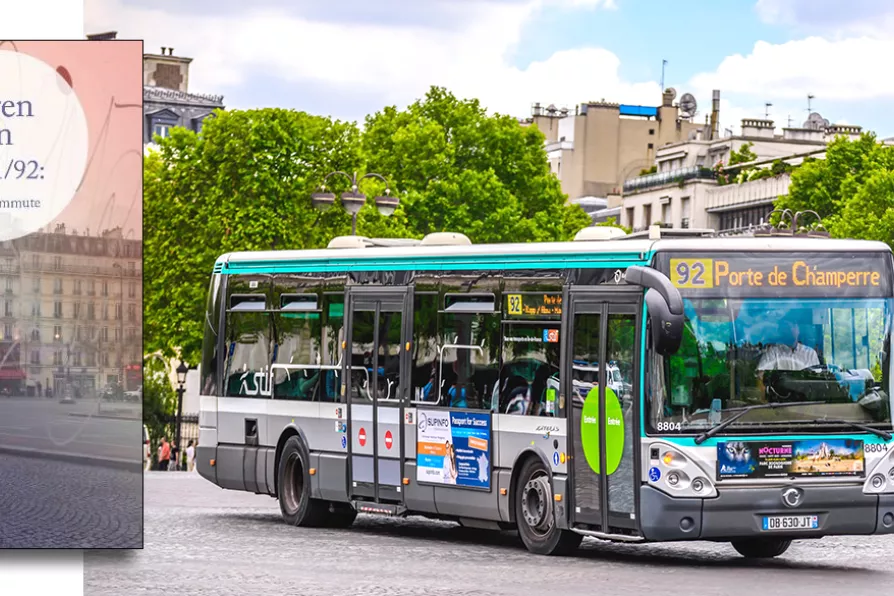JOHN GREEN, MARIA DUARTE and ANGUS REID review Fukushima: A Nuclear Nightmare, Man on the Run, If I Had Legs I’d Kick You, and Cold Storage

 Route 92
[PR180.2/Creative Commons]
Route 92
[PR180.2/Creative Commons]
No. 91/92: Notes on a Parisian commute
by Lauren Elkin
Les Fugitives, £8.99
OVER a period of seven months in 2015, Franco-US writer Lauren Elkin noted particulars of her bus journeys to and from work in central Paris.
The project was intended as a means of observing the world through her phone’s Notes app, “rather than to use my phone to distract myself from the world.” Taking as her guidance a focus on the “infra-ordinary” as set out by Georges Perec, founder of the “workshop of potential literature” Oulipo, the goal was to pay attention to the everyday micro events of a mundane journey in building a record of experience.
Elkin is known for the 2016 bestseller Flaneuse: Women Walk the City, her critique of male domination of the written city. Here she becomes a Flanenbus, well prepared for the journey.

FIONA O'CONNOR recommends a biography that is a beautiful achievement and could stand as a manifesto for the power of subtlety in art

FIONA O’CONNOR is fascinated by a novel written from the perspective of a neurodivergent psychology student who falls in love

FIONA O’CONNOR steps warily through a novel that skewers many of the exposed flanks of the over-privileged










